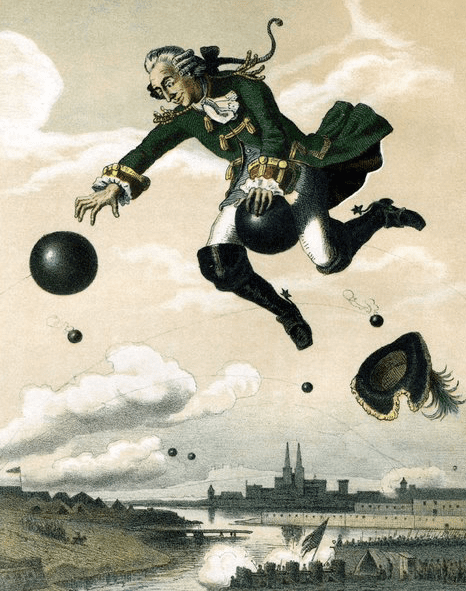Charles Halsted
Davis, California, United States
My last patient of the morning was a teenage girl, just turned eighteen. She walked in slowly, her face in agony, apprehensive. Her mother said the pain had begun at age twelve, about when she started to menstruate, yet it never let up, periods or not. Refusing food, she began to lose weight, at least fifty pounds. It did not take long to observe a pattern, where her father would butt in to interrupt the flow of my history taking. He did not stop when I moved to my patient’s side for her physical examination.
Her eyes displayed her apprehension. The reactions of her pupils to my flashlight were normal, and neither eye strayed when I asked her to follow my finger, side-to-side, up and down. Her tongue was smooth and dry. The chest sounded clear; each heart sound was normal. I could sense her fear as I moved my hands past her tiny breasts to her abdomen. Although the bowel sounds and liver edge were normal, the right side of her abdomen was deeply tender and bruised. Both ankles were swollen and pitted on pressure. The neurological examination was unremarkable. All laboratory tests were normal.
About one month later, I was called to the hospital emergency room where she was seen for abdominal pain. Her face and abdomen were covered with bruises. The laboratory results were unremarkable. One week later, I found that she had died at home.
After six months had passed, my wife and I dined at a restaurant in my deceased patient’s nearby town. Across the way, I found her parents ordering from their menus. When I fixed my gaze upon his face, her father quickly averted his eyes.

References
- Esparza N. Dr. Meadow’s Munchausen syndrome by proxy: the history and the controversy. Hektoen International. Winter 2013.
- Jacob S. Medical murder. Hektoen International. Summer 2014, and Summer 2016 – Volume 8, Special
- Asher R. Munchausen’s syndrome. Lancet 1951; i: 339–41. Issue.
CHARLES HALSTED, MD, is a retired academic physician, formerly a faculty member at the University of California Davis School of Medicine. Since his retirement in 2016, he has established a new profession as a poet. He completed ten consecutive on-line courses from Stanford Continuing Studies. Subsequently, he participated in six poetry retreats that were held in California, Oregon, and New Mexico. His poetic work has appeared in thirty-five different poetry journals, one chapbook, Breaking Eighty, and in two books, Extenuating Circumstances and On Razor-Thin Tires. The present poem is based upon one of his many medical experiences of taking care of a patient with a rare disease.
